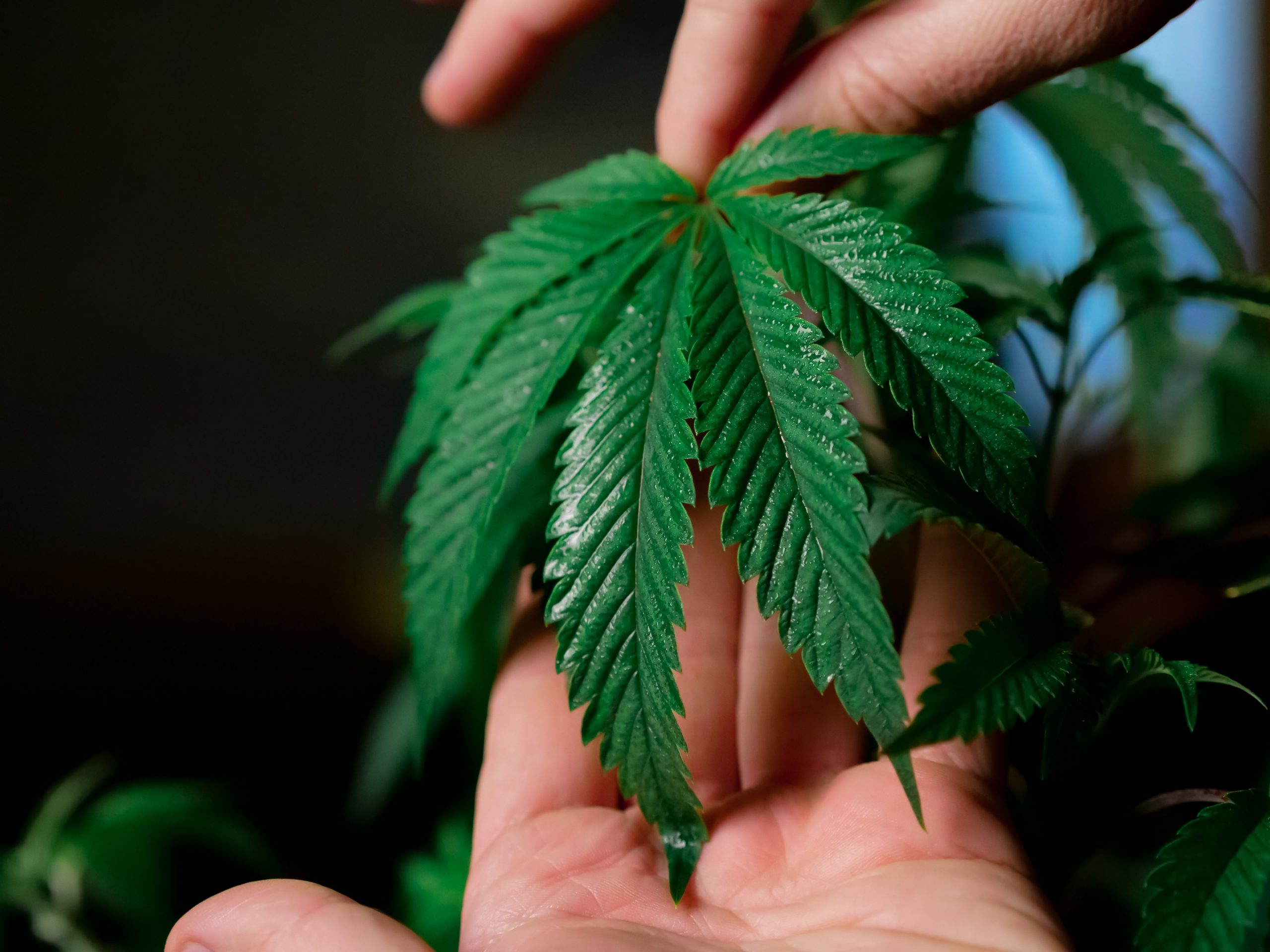
In a significant and up-to-date policy shift, the NCAA (National Collegiate Athletic Association) medical committee has recommended that college athletes should no longer face penalties for using cannabis. This progressive stance reflects the evolving landscape of cannabis regulations across the United States. The committee has firmly asserted that drug testing efforts should be redirected towards detecting performance-enhancing substances, leaving cannabis use without punitive measures. This recommendation comes after the committee conducted a thorough review of existing policies and solicited input from member organizations. It anticipates that the final decision on this matter will be made in the fall, following consultations and legislative processes within each of the NCAA’s governing bodies.
The basis for the medical committee’s recommendation is rooted in insights derived from the 2022 Summit on Cannabinoids in College Athletics. During this summit, experts in the field shared their research findings and policy perspectives related to cannabis. The consensus among these experts was that cannabis does not confer any performance-enhancing advantages, and a harm-reduction approach to its use is most effective when implemented at the school level.
In addition to advocating for the removal of cannabis from the list of banned substances, the committee is proposing a redirection of drug testing efforts towards substances that genuinely enhance athletic performance. They also stress the importance of educating student-athletes about the potential health risks associated with contemporary cannabis use and the various methods of consumption.
This move by the NCAA medical committee is part of a broader trend of sports organizations reconsidering their approaches to cannabis use in light of decriminalization efforts sweeping across the United States. The National Basketball Association (NBA), for instance, recently reached a tentative agreement with the NBA Players Association in April, stipulating that players would no longer be subjected to testing or penalties for cannabis use. This marks a significant departure from the NBA’s previous policy, which included a mandatory treatment program after the first offense, a $25,000 fine for the second violation, and a five-game suspension after the third offense, as reported by Forbes. Notably, former NBA player Al Harrington, in an interview with GQ in 2021, estimated that around 85% of players in the league either use cannabis or some form of it. He emphasized that for many athletes, cannabis serves as a safe and alternative way to cope with the immense stress and pressures they face.
The case of Sha’carri Richardson, a former standout track athlete from LSU, further underscores the contentiousness surrounding cannabis use in sports. Richardson tested positive for THC metabolites, a component found in cannabis, ahead of the 2021 Tokyo Olympics and was subsequently disqualified from competing. She later revealed that she had used cannabis to help cope with the pressures of performing on the world’s biggest stage and the recent loss of her mother.
President Joe Biden, when asked about Richardson’s suspension, acknowledged that while the rules were known to all participants, the broader question of whether those rules should remain in place warrants consideration. The public discourse surrounding Richardson’s case, along with the evolving views on cannabis use, has contributed to an ongoing reevaluation of policies within athletic organizations.
As the NCAA medical committee progresses towards reforming its stance on cannabis, it signifies a progressive and empathetic approach to the well-being of student-athletes. By shifting the focus of drug testing efforts towards performance-enhancing substances, while simultaneously providing education on the risks associated with cannabis use, the committee aims to foster a safer and more informed environment for college athletes. As discussions continue and decisions are finalized, the NCAA has the opportunity to set a precedent that prioritizes the evolving needs and perspectives of its student-athletes in an ever-changing landscape of drug policies and societal attitudes.
Source: Business Insider
EXPLORE MORE NEWS
Newsletter




